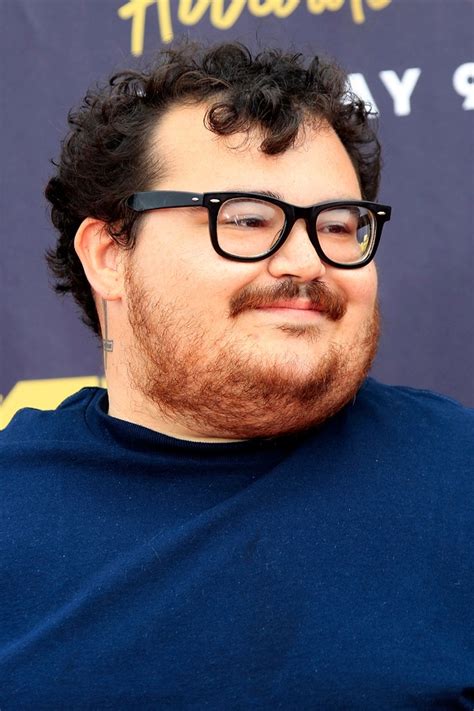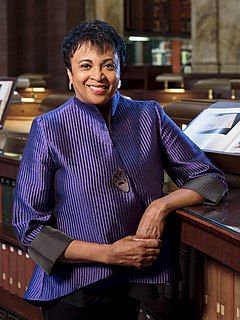A Quote by Jamais Cascio
You need to recognize that the copyright date on a book reflects when it came out, not when it was written - assume that the information in the book is at least a year older than the copyright date, and possibly two.
Related Quotes
Under the 1998 Digital Millennium Copyright Act, Tumblr, YouTube, Reddit, WordPress, and Facebook aren't responsible for the copyright infringement of each of their millions of users, so long as they take down specific posts, videos, or images when notified by copyright holders. But copyright holders thought that wasn't good enough.
The primary objective of copyright is not to reward the labor of authors, but ‘[t]o promote the Progress of Science and useful Arts.' To this end, copyright assures authors the right to their original expression, but encourages others to build freely upon the ideas and information conveyed by a work. This result is neither unfair nor unfortunate. It is the means by which copyright advances the progress of science and art.
I came to the realization that I started dating my now-wife junior year of college, before you actually went on a date. You didn't take girls from college out to dinner. I've never been on a date. I've never been on a date where I didn't know the end game. I've never casually dated someone. I've only been out to dinner with the woman who would eventually be my wife.





































